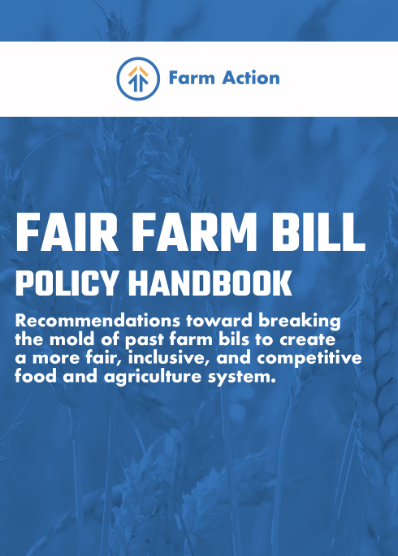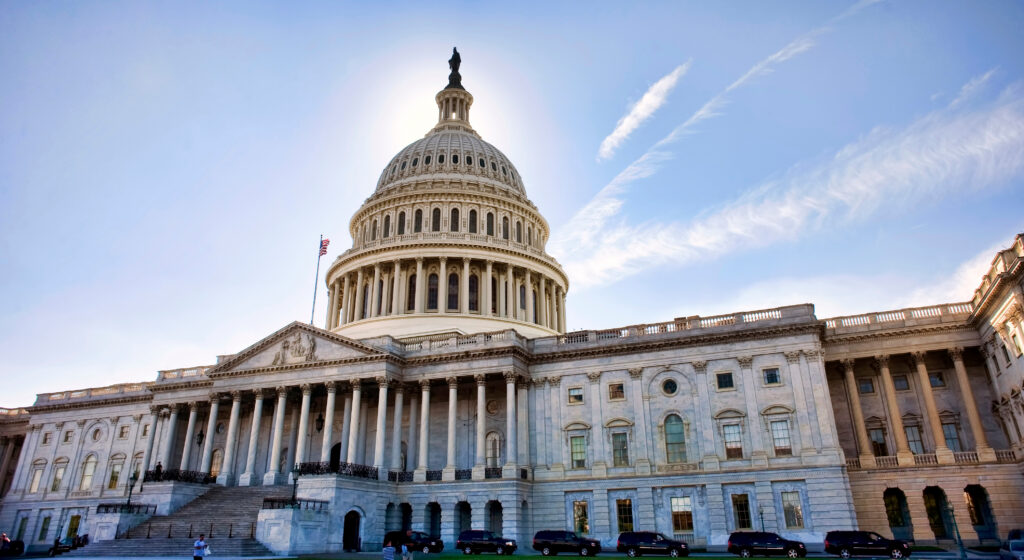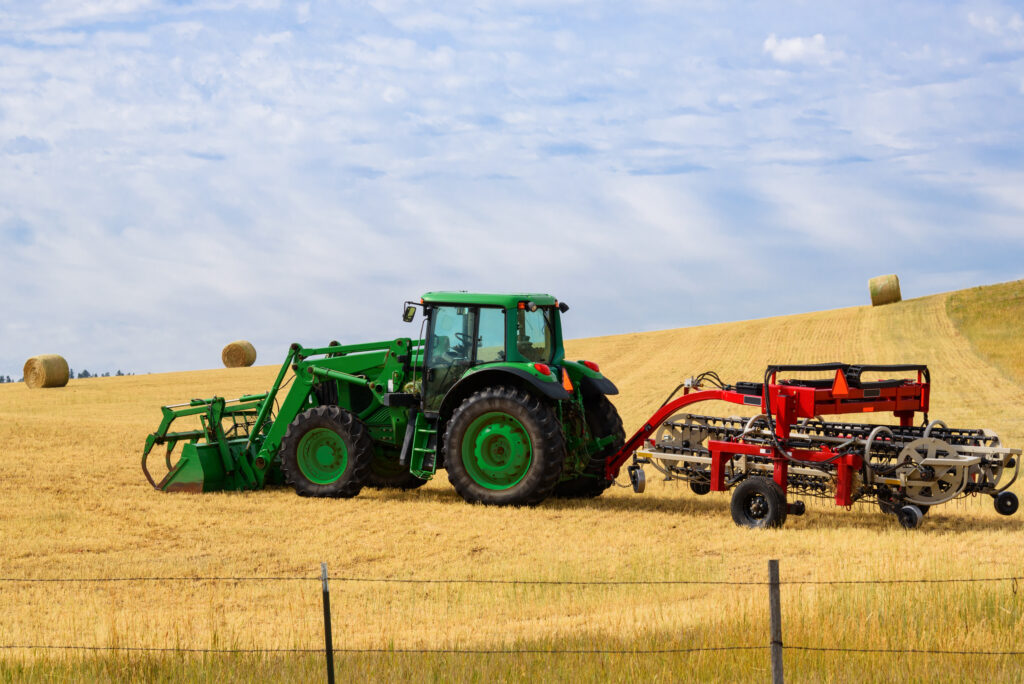After a banner year for Farm Action in 2022, we’re thrilled for the opportunities that lie ahead in 2023 and beyond to reform our food and farm system. While the 2023 and 2028 Farm Bills are in our bullseye, we also still have two years ahead to enact change during the remainder of President Biden’s term. We’ll continue holding the administration’s feet to the fire on anti-monopoly reform to ensure the agencies follow through on Biden’s executive order to revive antitrust enforcement and promote competition throughout the economy.
The Farm Bill: Farm Action’s Two-Cycle Vision
Changing the Narrative in 2023
We’re kicking off the new year with the Food Not Feed Summit, where Farm Action, alongside a powerful and diverse coalition, is headed to D.C. to call for a farm bill that better supports healthy foods for people, not just feed for industrial livestock. We’re making sure Congress understands how our current food system starves communities of access to nutritious food while trapping farmers in a system that denies them the opportunity to produce food for their neighbors. We need to fundamentally shift our agricultural system so that it works for farmers, ranchers, food system workers, and consumers — not just multinational corporations.
Changing the narrative on how we think and talk about our food system will continue beyond the Food Not Feed Summit. Recent news about our predicted agricultural trade deficit and Mexico’s proposed ban on importing genetically modified corn from the U.S. demonstrates how our current farm policies are not meeting the needs of our country’s consumers or farmers. Rather, they are structured to put more money in the pockets of Big Ag — but the headlines about these news items don’t reflect this side of the story. Instead, we’re told not to worry about our trade deficit and to blame other countries for harming our export market. We’ll continue pushing new narratives on these critical issues to expose our backward policies so we can enact meaningful change at the policy level.
Policy Goals for the 2023 Farm Bill
Farm Action’s key policy objective for the 2023 Farm Bill is to shift government farm programs to better support farmers in growing foods to support healthy diets and healthy soils. First, we’re calling for Food, Not Feed, to shift government subsidies from feed grains for industrial livestock production toward nutritious fruits and vegetables, allowing farmers to profitably grow healthy food for their communities. We also need increased financial and technical resources in the farm bill for farmers transitioning away from industrial agriculture and toward conservation and regenerative practices. To meet the growing challenges caused by extreme weather, the farm bill should require farmers to meet certain conservation standards in order to participate in federal crop insurance, commodity and price support, and disaster payment programs. You can read more about our 2023 Farm Bill objectives in our Fair Farm Bill Policy Handbook.
Farm Bill Goals in 2028
We’re already looking ahead to the 2028 Farm Bill, where we’ll focus on policies that support transformational and structural food and farm system change. These policies level the playing field for local and regional markets and independent producers so they have fair access to market opportunities. A critical step toward expanding market access for independent producers is creating a moratorium on large agribusiness, food and beverage manufacturing, and retail grocery mergers. We must also invest in land access for new and transitioning farmers to help build up local and regional markets, as land access continues to block new farmers from entering the market. Read more about our 2028 Farm Bill objectives in our Fair Farm Bill Policy Handbook.
Holding The Biden Administration’s Feet to the Fire
Since President Biden issued the Executive Order on Promoting Competition in the American Economy in July of 2021, we have and will continue to monitor the progress (or lack thereof) of the agencies charged with cracking down on anticompetitive behavior in the economy.
So far, we’re pleased that the DOJ banned the anticompetitive tournament system payment scheme for 15% of the poultry market, providing a clear opportunity for the USDA to ban the system for the remainder of the market. Encouragingly, the FTC restored its commitment to fully enforcing antitrust laws in addition to issuing a second request for information on the Kroger-Albertsons merger. We’ll continue advocating for the FTC to challenge this merger.
Farm Action will keep up the pressure on the Biden Administration to ensure the passage of more anti-monopoly reform during this administration’s remaining two years. We will continue calling on the USDA to strengthen the Packers and Stockyards Act and to crack down on fraudulent “Product of USA” labeling. We are still waiting on the FTC and DOJ to issue strong merger review guidelines, and we are eagerly awaiting the enactment of the FTC’s proposed noncompete rule to protect workers and promote competition. The USDA’s cattle contract library pilot is a small but welcome step toward improving price discovery and transparency, but it does not go far enough. We’ll call on the USDA and DOJ to work together to establish and enforce firm base prices in all livestock contracts.
Gearing Up for the Fight Ahead
This year’s farm bill is a critical step on our path to fundamentally change our food system to work for our farmers, consumers, and food system workers — but there are many steps that follow, and we’ve got a long fight ahead of us. With the help of supporters like you, we’re confident we can transform our food system to ensure it is fair, competitive, and accessible for all.
Written and edited by: Jessica Cusworth, Dee Laninga, and Sarah Carden; concept developed by Angela Huffman and Joe Maxwell





